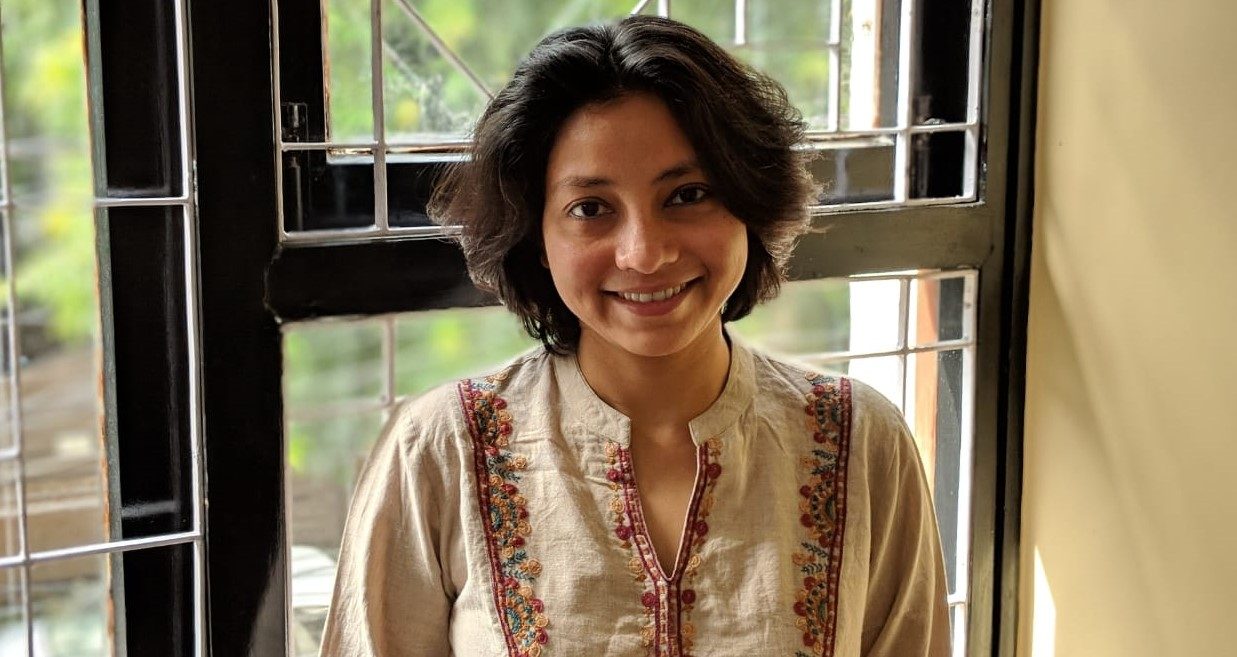
Meet Dr Arpita Ghosh, Senior Research Fellow - Big Data
Dr Arpita Ghosh works at the George Institute for Global Health India as a Senior Research Fellow on Big Data. She received her doctoral training at the University of North Carolina at Chapel Hill and post-doctoral training at the National Cancer Institute.
What is the focus of your work at The George Institute?
My interest lies in figuring out how to put together data, of different types and obtained from various sources, on individuals, their exposures and health outcomes, and process the integrated data in an efficient manner to answer relevant questions. I bring in statistical thinking and methods to deal with the challenges and opportunities that such data present. My research cuts across many areas of public health – child health, particularly childhood immunization, nutrition, elderly health and well-being, and chronic diseases, particularly cancer.
What inspires you in the work you do and why?
How our collective understanding of a phenomenon helps us frame a research question, how we translate it into mathematical language and use tools such as statistics to study the question and find an answer fascinates me. This back and forth between domain knowledge, contextual understanding and statistics to better understand the complex interplay between humans and their physical and social environment is an art and excites me.
How important is health data and information for strengthening health systems and achieving UHC in India?
Measurement is at the core of understanding population health, its determinants, the inequalities in health between different population groups and the performance of health systems.
Timely, accurate, disaggregated, and relevant data can play a crucial role in guiding policy decisions and in improving the health of the population.
However, data alone does not guarantee its effective use in shaping policy responses. To harness the power of health data, we need to use data from varied sources, develop data sharing mechanisms that facilitate access to data without compromising data security and confidentiality, engage producers and users of data and build technical capacity.
Where is India lacking on health data to enable evidence-based health policy decisions?
Data availability and quality have improved over the years in India. However, there are major gaps when it comes to data on health conditions and diseases that have traditionally not been viewed as priority for India, data on health care costs, electronic medical records, and linked data from different but related sources.
There is a concerted effort to collate and consolidate routinely collected administrative data, to set up registries for several chronic conditions, to strengthen and standardize health management information systems across hospitals, and to facilitate data sharing between different organizations and sectors.
For effective utilization of this data, we need to promote data literacy and build capacity in data analysis, including qualitative analysis, at all levels of decision-making.
What do you like most about working at The George Institute?
The George Institute’s emphasis on quality of research and transparency resonates with me. The freedom to nurture and pursue one’s own research interests coupled with strong technical support from an international multidisciplinary research team, particularly a statistics division, makes for an exciting research environment for an applied statistician.


